The
Land of the Warrior
King
Land of the Warrior
King
The Republic of Ghana which means “Warrior
King” is an economic power house in West
Africa, and has one of the biggest economies on the African continent and one
of the world’s fastest growing economies. It is a fossil fuel-rich, natural and mineral resource nation. It is home to one of the world’s largest
gold and sweet crude oil
reserves and also the second major producer of cocoa in the world.
King” is an economic power house in West
Africa, and has one of the biggest economies on the African continent and one
of the world’s fastest growing economies. It is a fossil fuel-rich, natural and mineral resource nation. It is home to one of the world’s largest
gold and sweet crude oil
reserves and also the second major producer of cocoa in the world.
GHANAIAN PEOPLE
Source:
Agyei Photography
Agyei Photography
The Ghanaians
are a people originating in the Ghanaian
Gold Coast. Native West Africans make up 98% percent of the
Ghanaian population. There is also a new population of Asians, Middle
Easterners, Europeans and other recent immigrants. There are over 100
different ethnic groups, each with its own distinct language.
are a people originating in the Ghanaian
Gold Coast. Native West Africans make up 98% percent of the
Ghanaian population. There is also a new population of Asians, Middle
Easterners, Europeans and other recent immigrants. There are over 100
different ethnic groups, each with its own distinct language.
SOCIETY AND CULTURE
Ghana’s cultural
diversity is most evident in cuisine, arts, literature, heritage, music, dance,
clothing, and sports.
diversity is most evident in cuisine, arts, literature, heritage, music, dance,
clothing, and sports.
Kente is a Ghanaian ceremonial cloth traditionally used as the national
costume. Kente is hand-woven on a horizontal treadle loom in strips and sewn together into larger pieces
of cloth which come in various colours and designs. During the 13th century,
Ghanaians developed their unique art of adinkra printing.
costume. Kente is hand-woven on a horizontal treadle loom in strips and sewn together into larger pieces
of cloth which come in various colours and designs. During the 13th century,
Ghanaians developed their unique art of adinkra printing.
Notable Ghanaian authors
include novelists Ayi Kwei Armah (The Beautyful Ones Are
Not Yet Born) and J. E. Casely Hayford, author of Osiris
Rising. Ghanaian
music incorporates several
distinct types of instruments such as talking
drums, the atenteben and koloko lute, the atumpan, and log xylophones used in asonko music. The most well-known genre
to come from Ghana is highlife. Highlife originated in the late 19th century and early 20th
century.
include novelists Ayi Kwei Armah (The Beautyful Ones Are
Not Yet Born) and J. E. Casely Hayford, author of Osiris
Rising. Ghanaian
music incorporates several
distinct types of instruments such as talking
drums, the atenteben and koloko lute, the atumpan, and log xylophones used in asonko music. The most well-known genre
to come from Ghana is highlife. Highlife originated in the late 19th century and early 20th
century.
In the 1990s, a new
genre of music, hiplife, was created through the combination of highlife, Afro-reggae, dancehall and hiphop. Hiplife is the most popular Ghanaian music,
followed by highlife. Some popular dances include Adowa and Azonto. Other traditional dances from Ghana are Kpanlogo, Klama and
Bamaya.
genre of music, hiplife, was created through the combination of highlife, Afro-reggae, dancehall and hiphop. Hiplife is the most popular Ghanaian music,
followed by highlife. Some popular dances include Adowa and Azonto. Other traditional dances from Ghana are Kpanlogo, Klama and
Bamaya.
GOVERNANCE
Kwame Nkrumah the first Commander-in-Chief
of the Republic of Ghana was deposed in 1966, after which Ghana entered a
period of military rule. On 31 December 1981, the regime led by Flight
lieutenant Jerry
John Rawlings installed the Provisional
National Defence Council (PNDC), of which he became Chairman.
of the Republic of Ghana was deposed in 1966, after which Ghana entered a
period of military rule. On 31 December 1981, the regime led by Flight
lieutenant Jerry
John Rawlings installed the Provisional
National Defence Council (PNDC), of which he became Chairman.
In 1992, Rawlings
retired from the military and set up the National Democratic
Congress (NDC), and was
subsequently elected for two terms as President.
retired from the military and set up the National Democratic
Congress (NDC), and was
subsequently elected for two terms as President.
Ghana has been a stable
democracy since 1992. Following the death of President John Atta Mills in July
2012, Vice President John Dramani Mahama became interim head of state. In
December 2012, he was elected president and is still the current president of
Ghana.
democracy since 1992. Following the death of President John Atta Mills in July
2012, Vice President John Dramani Mahama became interim head of state. In
December 2012, he was elected president and is still the current president of
Ghana.
ECONOMY
Ghana is Africa’s second-biggest
gold producer (after South Africa) and second-largest cocoa producer. It is
also rich in diamonds, manganese ore, bauxite and oil. Most of its debt was
canceled in 2005.
gold producer (after South Africa) and second-largest cocoa producer. It is
also rich in diamonds, manganese ore, bauxite and oil. Most of its debt was
canceled in 2005.
With
a diverse and rich resource base, including the manufacturing and export of
digital technology goods, auto products, ship construction, hydrocarbons and industrial minerals,
Ghana has one of the highest GDPs
per capita in Africa. Owing to a GDP rebasement, in 2011 Ghana became the
fastest growing economy in the world.
a diverse and rich resource base, including the manufacturing and export of
digital technology goods, auto products, ship construction, hydrocarbons and industrial minerals,
Ghana has one of the highest GDPs
per capita in Africa. Owing to a GDP rebasement, in 2011 Ghana became the
fastest growing economy in the world.
The
Ghanaian domestic economy revolves around services, which accounts for 50% of
GDP and employs 28% of the work force. Besides the industrialization associated
with minerals and oil, industrial development in Ghana remains basic, often
associated with plastics.
Ghanaian domestic economy revolves around services, which accounts for 50% of
GDP and employs 28% of the work force. Besides the industrialization associated
with minerals and oil, industrial development in Ghana remains basic, often
associated with plastics.
Ghana
embarked on a currency re-denomination
exercise, from Cedi
(¢) to the new currency, the Ghana Cedi (GH¢) in July 2007. The transfer rate
is 1 Ghana Cedi for every 10,000 Cedis. The redenomination was followed with an
aggressive media campaign to educate the public about what re-denomination
entails.
embarked on a currency re-denomination
exercise, from Cedi
(¢) to the new currency, the Ghana Cedi (GH¢) in July 2007. The transfer rate
is 1 Ghana Cedi for every 10,000 Cedis. The redenomination was followed with an
aggressive media campaign to educate the public about what re-denomination
entails.
Tourism
Source: Expert Travel
Tourism contributes
about 4.9% of GDP, attracting around 500,000 visitors to Ghana. Tourist
destinations include Ghana’s many castles and forts, national parks, beaches, nature
reserves, landscapes and World
Heritage buildings and sites.
about 4.9% of GDP, attracting around 500,000 visitors to Ghana. Tourist
destinations include Ghana’s many castles and forts, national parks, beaches, nature
reserves, landscapes and World
Heritage buildings and sites.
In 2011, Forbes magazine ranked Ghana eleventh friendliest country
in the world based on a survey of a cross-section of travelers in 2010. Of all
the countries on the African continent that were included in the survey, Ghana
ranked highest.
in the world based on a survey of a cross-section of travelers in 2010. Of all
the countries on the African continent that were included in the survey, Ghana
ranked highest.
Banking
Ghana has 30 banks
currently operating in the country regulated by Bank of Ghana, (BoG), which is
the country’s central bank. UBA pioneered the entry of Nigerian banks into the
Ghanaian economy. Currently, there are seven Nigerian banks supporting the
Ghanaian Economy in different aspects.
currently operating in the country regulated by Bank of Ghana, (BoG), which is
the country’s central bank. UBA pioneered the entry of Nigerian banks into the
Ghanaian economy. Currently, there are seven Nigerian banks supporting the
Ghanaian Economy in different aspects.
Agriculture
Agribusiness accounts for a small fraction of the gross domestic product. The main harvested crops are corn, plantain, rice, millet, sorghum, cassava and yam. Unlike the agricultural livestock, forestry, and fishing sectors, the crop sector is key to
the Ghanaian agricultural industry.
the Ghanaian agricultural industry.

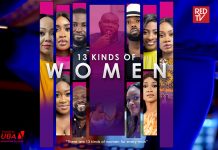







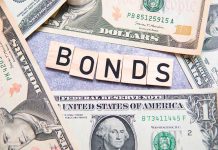
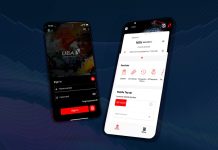


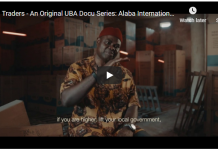
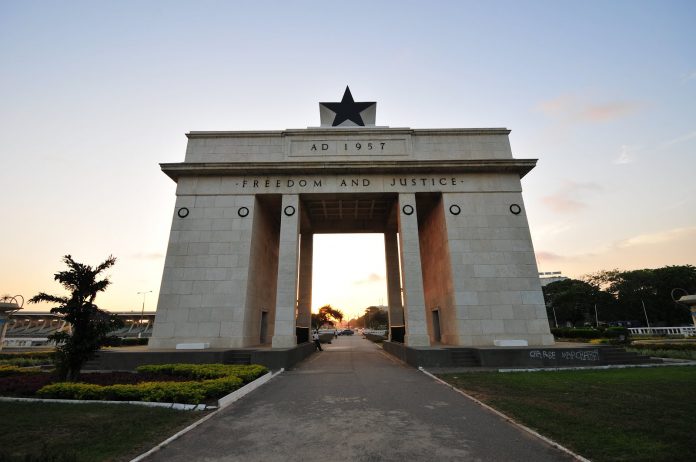
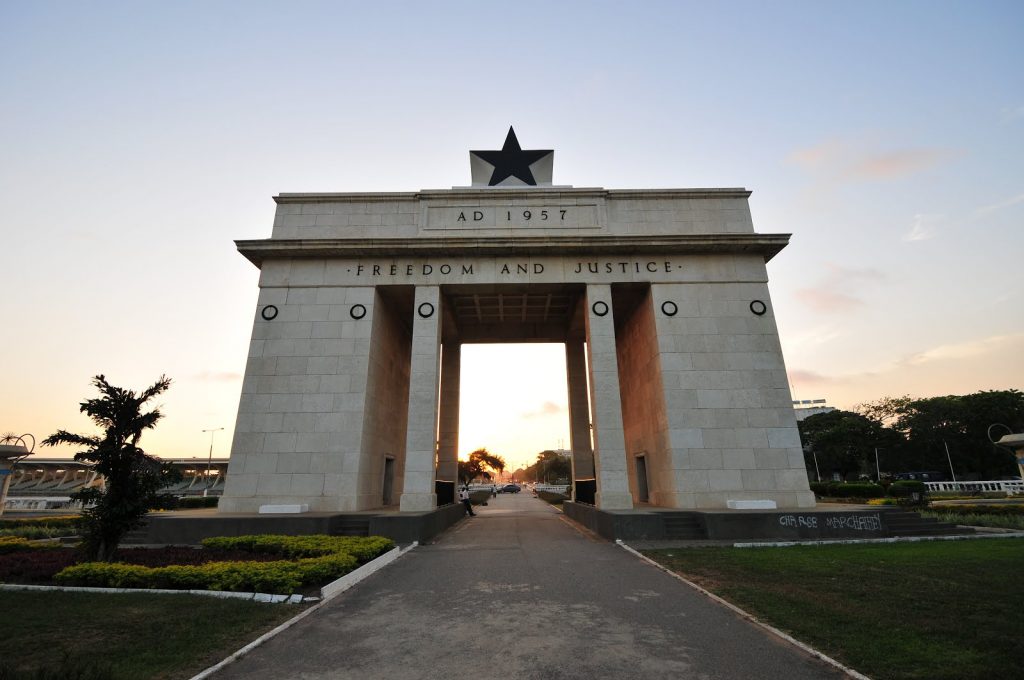
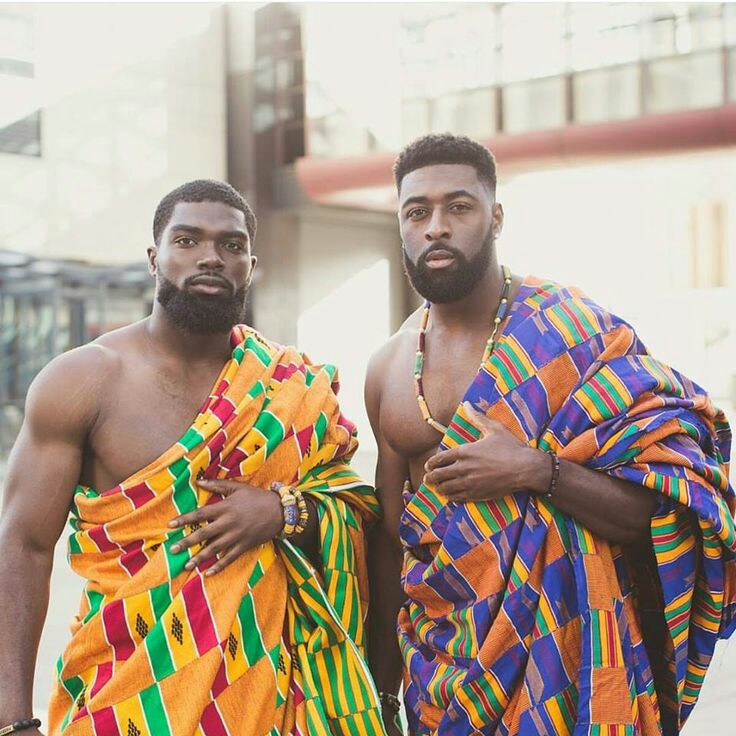
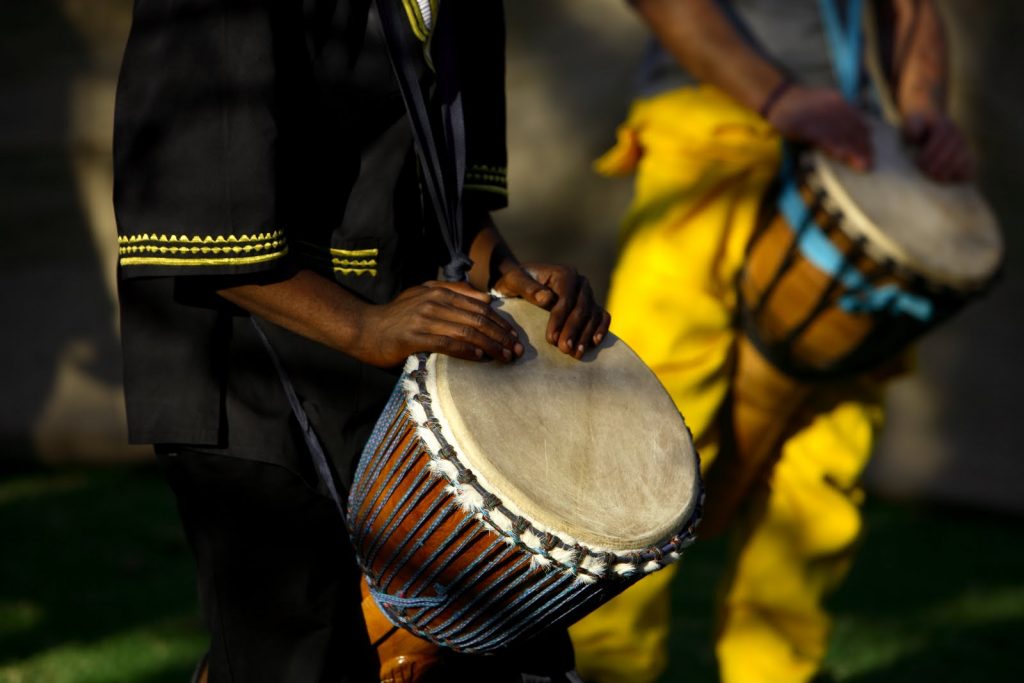
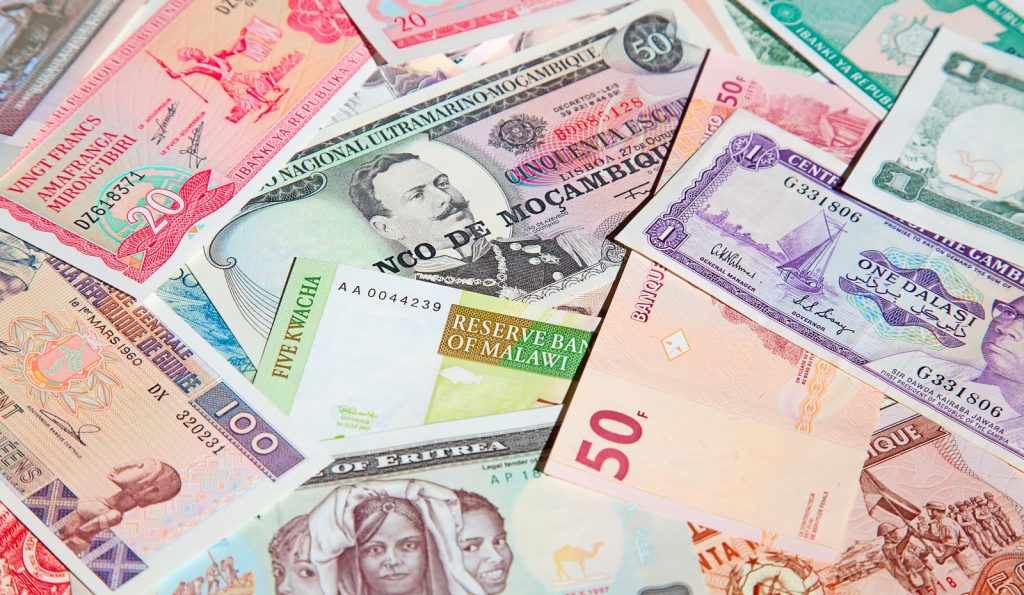
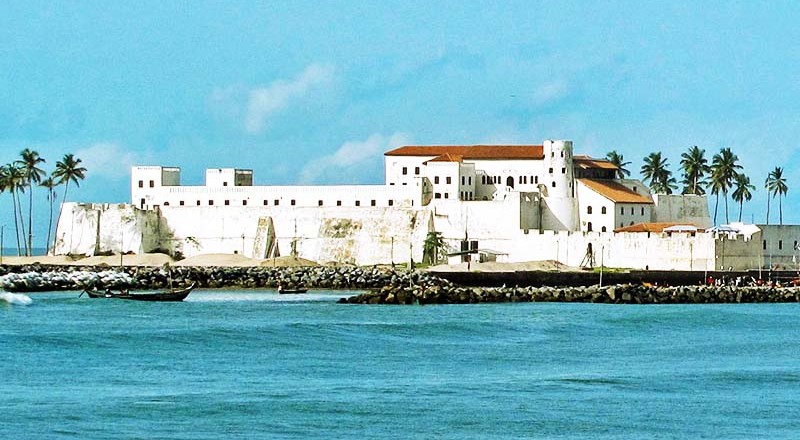

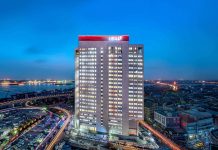










To study better at college every student should know how to write a reaction paper.
I haven't been there before. It's a great country to visit. This https://writemypaper4me.org/blog/research-papers-writing website is great too!
The Ghanaian domestic economy revolves around services, which accounts for 50% of GDP and employs 28% of the work force. Besides the industrialization associated with minerals and oil, industrial development in Ghana remains basic, often associated with plastics. PCNSE exam dumps